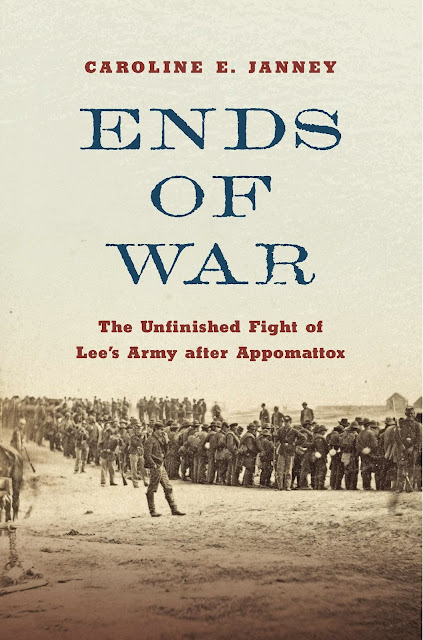I have an image in my head, likely based on what I remember from American history in college, that when Robert E. Lee and Ulysses S. Grant agreed to surrender terms at Appomattox in April 1865, Lee’s Army of Northern Virginia went home. Two weeks later, William Johnston surrendered to William Sherman at Greensboro, North Carolina, and Johnstone’s Army of Tennessee went home. And that was end of the Civil War.
Well, not quite.
As Lee’s army fled west from Richmond and then Petersburg, what had been about 60,000 men was losing strength. Some were captured, some took off for points west, and some disappeared into the woods and valleys. By the time Lee and Grant met, Lee’s army was likely between 30,000 and 40,000, and more men were leaving every day.
Grant’s purpose, to which he stuck ferociously through the negotiations and through the coming months, was to bring peace. Lee’s men could go home. They would be issued rations and paroles. A parole was good to obtain rations from Union provosts and to obtain transportation on ships and trains to go home. There would also be no reprisals for having served in Lee’s army.
To continue reading, please see my post today at Tweetspeak Poetry.

No comments:
Post a Comment